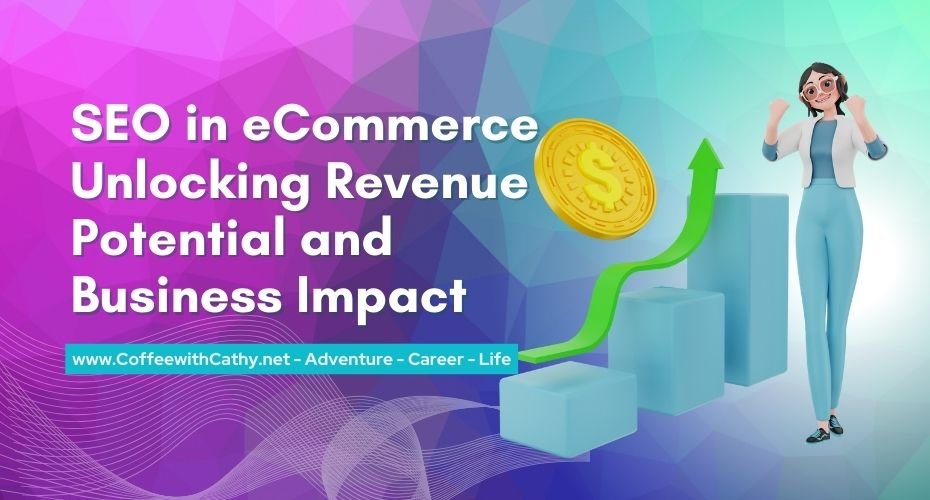
Unlocking Revenue Potential: The Business Impact of SEO in Ecommerce
Where countless competitors vie for consumer attention, standing out is crucial for success. And that’s where SEO in eCommerce comes to unlock business revenue.
For any business that has a ecommerce along with brick and mortar stores, the pathway to prominence often begins with Search Engine Optimization (SEO). While the term is often used and can sound technical, its implications are far-reaching, and directly influences revenue streams and bottom-line results.
It doesn’t matter the industry, SEO in ecommerce is the way to go especially when the competition doesn’t have the capabilities of online ordering, yet.
At its core, SEO is about ensuring that your online presence is easily discoverable by potential customers when they search for products or services you offer. Think of it as simply the roadmap guiding shoppers to your digital storefront amidst a sea of alternatives.
But how does ecommerce SEO translate into tangible business outcomes?
Increased Visibility and branding
When your website ranks higher in search engine results pages (SERPs), more eyes land on your products. This heightened visibility translates directly into increased opportunities for conversion.
After all, customers can’t buy from you if they can’t find you.
Enhanced Credibility
Appearing at the top of search results isn’t just about visibility; it signals credibility and trustworthiness to consumers. We don’t need a case study or a lengthy academic paper to know that customers associate higher search rankings with reliability and quality. Being number 1 or at least on the top page can significantly impact customer purchasing decisions, leading to more conversions and sales to any business.
Targeted Traffic
Effective SEO strategies not only drive more traffic to your site but also ensure that this traffic is highly targeted. By optimizing for relevant keywords and phrases, you attract users who are actively seeking what you offer. This targeted approach increases the likelihood of conversion, as visitors are already primed to engage with your products or services.
Cost-Efficiency
Compared to traditional advertising channels, such as printed catalogs or convention booths, SEO offers a cost-effective means of reaching potential customers. Once your website achieves favorable rankings, the traffic it generates comes at little to no additional expense.
SEO is a sustainable long-term investment that delivers ongoing returns.
Adaptability to Trends
In the rapidly evolving landscape of ecommerce, staying ahead of the curve is paramount. SEO isn’t a one-and-done endeavor; it requires ongoing monitoring and adaptation to stay aligned with shifting consumer behaviors and search engine algorithms.
By investing in SEO, businesses that demonstrate their agility and commitment to remaining competitive in an ever-changing digital environment.
Ultimately, SEO in ecommerce impacts on business revenue cannot be overstated.
By prioritizing search visibility and leveraging strategies to enhance online presence, businesses can unlock their full revenue potential and secure a sustainable future in the digital marketplace. As competition intensifies and consumer expectations evolve, embracing SEO isn’t just a choice—it’s a strategic imperative for success.


